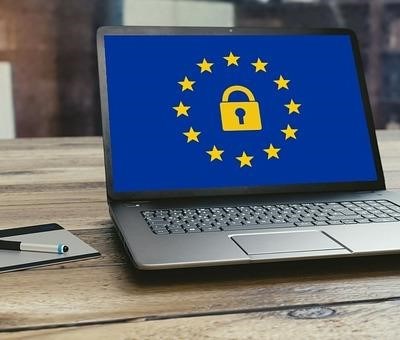
In today’s digital age, data is the new currency. Its value is undeniable, but so are the risks associated with its mishandling. Data protection and information security are paramount, necessitating a robust approach to data privacy education. This education isn’t just about compliance; it’s about fostering a culture of responsible data handling and protecting privacy rights.
Why Data Privacy Education Matters
Lack of data literacy and digital literacy leaves individuals and organizations vulnerable. Cybersecurity awareness is crucial to prevent data breaches. Data security awareness training equips individuals with the knowledge to identify and avoid phishing scams, malware, and other online threats. Understanding concepts like data minimization and informed consent is vital for GDPR compliance and CCPA compliance.
Key Components of Effective Data Privacy Education
- Privacy training: This should cover fundamental privacy best practices, including strong password management and secure communication.
- Cybersecurity education: This focuses on identifying and mitigating cyber threats, emphasizing online safety.
- Information privacy: Understanding individual rights and responsibilities regarding personal data is essential.
- Data breach prevention strategies: Learning proactive measures to minimize the risk of breaches is critical.
Benefits of a Proactive Approach
Investing in data privacy education offers significant benefits: reduced risk of data breaches, improved GDPR compliance and CCPA compliance, enhanced information security, strengthened data protection measures, and a more informed and responsible workforce. It fosters a culture of security, minimizing the financial and reputational damage associated with data breaches. Ultimately, it’s about safeguarding individual privacy rights and promoting trust in the digital world.
Targeting Different Audiences: A Tailored Approach
Effective data privacy education requires a nuanced approach, tailoring content to specific audiences. For instance, data security awareness training for employees in a healthcare organization will differ significantly from that provided to consumers. Healthcare professionals need in-depth knowledge of HIPAA regulations alongside general cybersecurity awareness, while consumers benefit most from practical privacy best practices and clear explanations of their privacy rights. Children require age-appropriate education focusing on online safety and responsible social media use.
The Role of Technology in Data Privacy Education
Technology plays a crucial role in delivering and reinforcing data privacy education. Interactive online modules, simulations, and gamified learning experiences can increase engagement and knowledge retention. Regular privacy training delivered through these channels ensures that employees and consumers remain updated on evolving threats and best practices. These technologies can effectively convey complex concepts like data minimization and informed consent in easily digestible formats.
Measuring the Effectiveness of Data Privacy Education
Simply delivering privacy training isn’t enough; measuring its effectiveness is critical. Regular assessments, surveys, and simulated phishing exercises can gauge the impact of the training programs. Analyzing the results allows organizations to refine their approach, identifying areas requiring further emphasis. This iterative process ensures that data protection efforts remain relevant and effective. Monitoring incidents, such as near misses or actual data breaches, can further inform improvements to data breach prevention strategies.
The Long-Term Impact of Data Privacy Education
Investing in comprehensive data privacy education isn’t a one-time expense; it’s a long-term commitment. By fostering a culture of responsible data handling and promoting digital literacy, organizations cultivate a workforce and customer base that values and protects information security. This translates to stronger GDPR compliance and CCPA compliance, reduced risks of data breaches, and ultimately, enhanced trust and brand reputation. The ongoing nature of cybersecurity education and information privacy training ensures that individuals and organizations remain resilient against the ever-evolving landscape of cyber threats. Ultimately, it strengthens the foundation of a secure digital society where privacy rights are respected and protected.
A timely and relevant article that effectively underscores the need for robust data privacy education. The inclusion of specific examples and the clear articulation of the benefits make this a valuable contribution to the ongoing conversation about data security and privacy.
I found this article to be both informative and engaging. The structure is logical and easy to follow, making complex topics accessible to a wider audience. The emphasis on the benefits of data privacy education, both for individuals and organizations, is persuasive and well-supported.
This article provides a comprehensive overview of the importance of data privacy education. The clear explanation of key components, such as privacy training and cybersecurity education, is particularly valuable. The emphasis on proactive measures and the benefits of a well-informed workforce resonates strongly. A well-written and informative piece.
An excellent resource for understanding the crucial role of data privacy education in today’s digital landscape. The article effectively highlights the vulnerabilities stemming from a lack of data literacy and the significant advantages of a proactive approach. The section on targeting different audiences suggests a practical application of the concepts discussed.